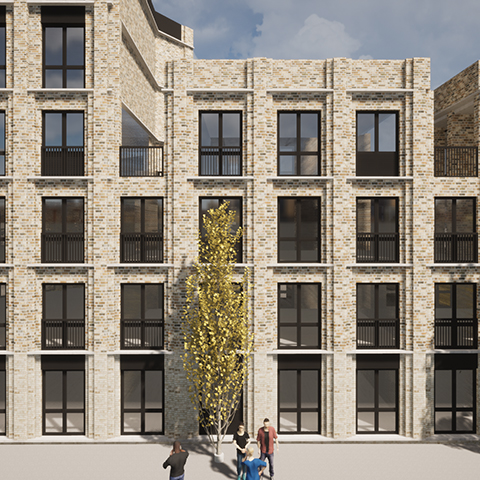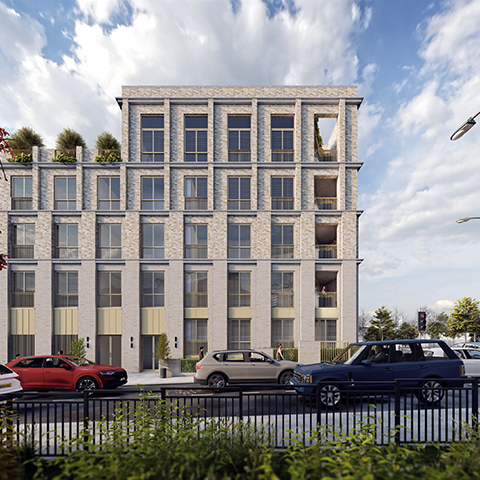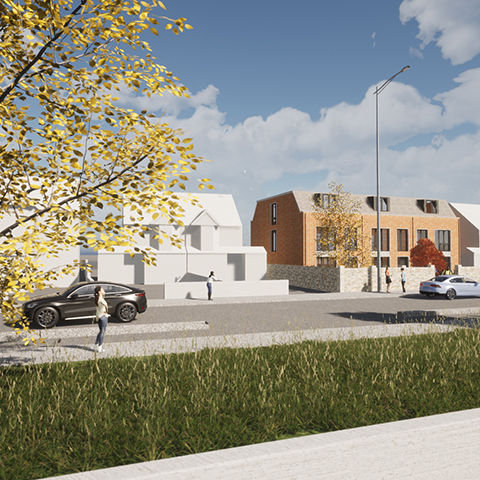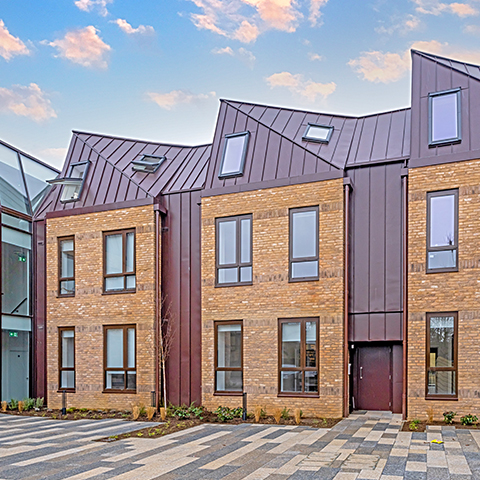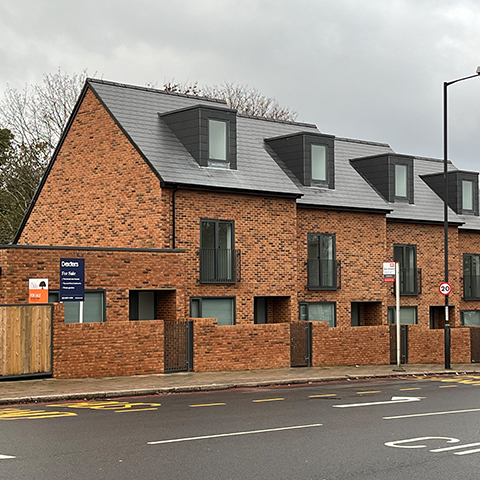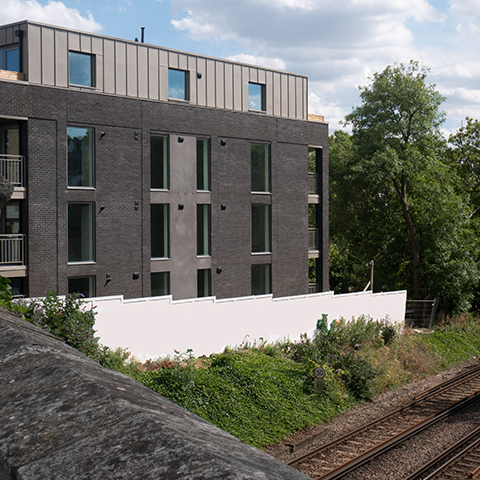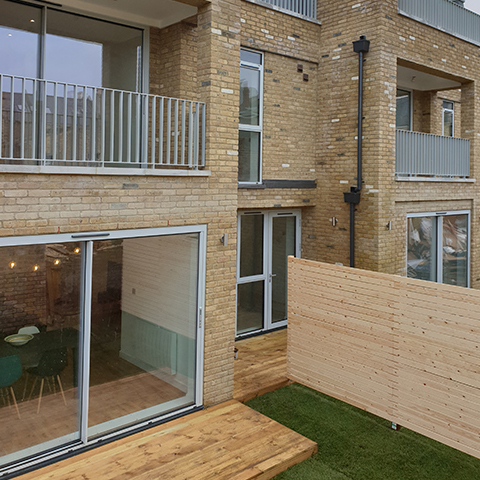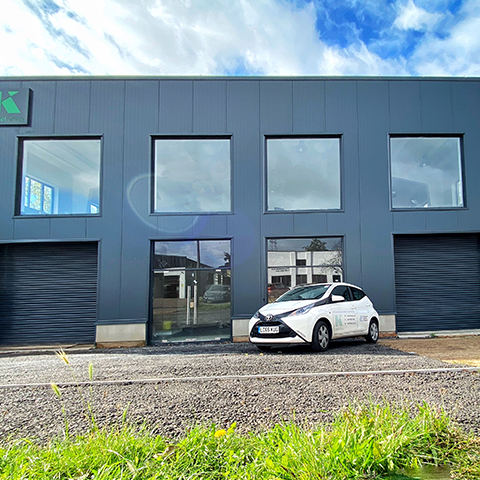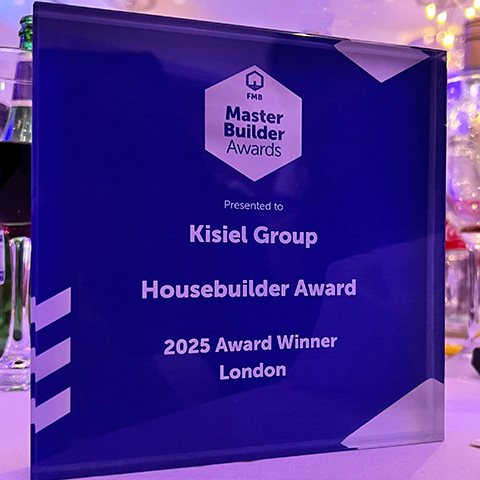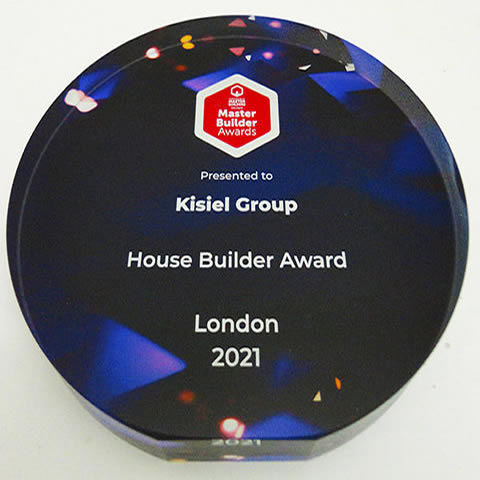Look at the reason why your planning has been refused
First, take a deep breath! Then look at the reasons given for the refusal of your planning application.
It is all too easy to blame the department but, in your haste to get the development up and running, did you rush your application and not provide sufficient evidence to counter any objections? If you did provide a detailed application, then you may not have done enough to convince the planners that the scheme will be good for the local area.
A Local Planning Authority need to consider that there is a strong case for refusing your planning application, that would survive the scrutiny of a planning appeal process. Planning cannot be rejected on the basis of any historical planning applications, any personal reasons or any opinions that are not supported by clear evidence. Planning can be refused if your design is overdeveloped, impacts on neighbours or is counter to local planning requirements.
There are usually 2 key reasons why planning applications are refused:
- The main substance of the application is wholly inappropriate for the area – sometimes it can be as simple as right concept in the wrong place
- You did not effectively engage with the planning officers in a way that convinced them of the value of your scheme and that you could deliver what they needed in terms of development in their area
What could you have done to avoid planning refusal?
The first step in the planning process is to establish a dialogue with the planners. Developers often think that Local Authority planning departments are anti-development. But this is not usually the case, it is more that developers and planners are working to different time scales but both want to have development in the area.
Taking a collaborative approach is key to improving the chances of a successful planning outcome for both parties. It is worth having a discussion with planners before submitting a planning application and here are some pros and cons of taking Pre-Application advice.
As you will be aware, you often get to know of issues that will impact the decision during the process – and there are steps you can take to deal with them – prior to a planning application decision being announced:
- Make changes during the application process
- Withdraw the application and re-submit the planning application with amendments
Before you appeal a planning decision
Going down the route of an appeal is not usually the best thing to do. It should only be considered when all other options have been exhausted and be aware that it can take many months to receive an outcome. Sometimes it is more beneficial in time and costs to submit a new application, accepting the points from planning permission that has been refused, providing it does not impact on the viability of your development.

Launching an appeal
If having reviewed all the options, and providing you made the original application, you can make a planning appeal on the grounds of:
- You do not agree with the decision and think it is unreasonable
- Non-determination – the decision was not given within 8 weeks (or 13 weeks if applicable) unless you agreed a time extension
The Appeal Process
Do read the advice that you will have received when you were informed that planning permission was being refused planning before you start the appeal.
For your Appeal application you will need to provide a number of documents which include, but are not limited to:
- Original application
- Proof of ownership of the site
- Decision notice from the Local Planning Authority or in the case of non-determination the letter of receipt of your application
- Plans, drawings, and documents that you sent to the Local Planning Authority
- Map of the surrounding area
- A clear and concise statement formulating why you believe that planning permission should be granted – ensure you include all documents needed to support your argument.

What happens next
Upon receipt, the Planning Inspectorate will ensure that the Appeal is valid and determine which of the following options will be used for the consideration of your appeal.
- Written presentation – most appeals take this route
- Informal hearing – if there is a lot of interest in your application or you need to supply more information
- Public enquiry – only for the most complicated of proposals
The Planning Inspectorate will confirm the option, allocate a reference number, advise the appeal start date (important as this the date from which the receipt of documents and representations will be calculated), and set a timetable.
The Local Planning Authority are obliged to notify the Planning Inspector if it makes a decision on a similar development during the appeal process: whether they give planning, deny planning, or issue an enforcement notice. It also has to advise if it becomes aware of a decision on another appeal that is relevant to your appeal circumstances.
The Inspector will make a decision on the basis of information available at the time. They usually take into consideration:
- All information submitted in the original planning application
- All documentation concerning the appeal
- Any relevant legislation and/or policies that has changed or emerged since the Planning Authority made its decision
- Anything else that is relevant to the appeal.
Timescales
| Action | Timescale |
| Submission of Appeal | Within 6 months from the date of the decision – or in a case of non-determination within 6 months of when the decision was due to have been made |
| Local Planning Authority’s statement | Within 6 weeks of the Planning Inspectorate registering your Appeal |
| Your response to the Local Planning Authority’s statement | 3 weeks to comment and provide any supporting evidence |
| Comments for other interested parties | Anyone can submit comments within 5 weeks of the appeal being registered – or 6 weeks from a Local Authority enforcement notice |
| Any other submissions to the Planning Inspector | 3 weeks for responses to comments from neighbours and other interested parties |
| Site visit from Planning Inspector | Scheduled once you have made your response to all comments (you and a Local Authority representative will be present but you will not be able to discuss anything with the planning inspector) |
| Planning Inspector’s decision | 2 – 6 weeks following the site visit |
Additional Costs
Everyone concerned in the appeal process is expected to meet the statutory timetable so that there are no disadvantages to any party and to enable a decision to be reached as speedily as possible.
You are entitled to claim for costs if anyone causes a delay in the process which is considered unreasonable and results in a direct cost being incurred by you. But you can also have costs awarded against you for unreasonable behaviour.
Overcoming planning objections
Appeals can take 5 months, or much longer if there is to be a public enquiry. Do bear in mind that approximately 66% of all appeals are unsuccessful. If you do not agree with the Appeal decision your last recourse is to challenge it in the High Court – but only consider this if you believed that the Planning Inspectorate made a legal mistake. You are highly advised to seek the professional/legal advice before taking this step.
What to do
The decision is yours but the best advice is to only appeal a planning decision if there is absolutely no alternative and you have a strong case.
Much better to understand your route through the planning process so that you do not end up with your planning application being refused. One of our next blogs will be a guide to the planning process – giving you a useful overview to help you achieve a successful planning outcome.


